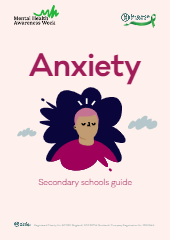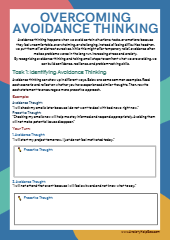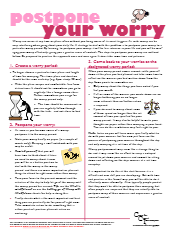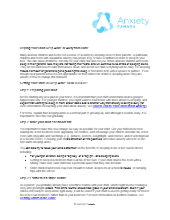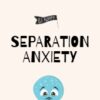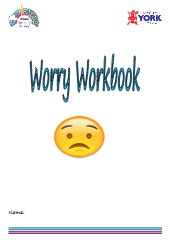
The Hospital Anxiety and Depression Scale (HADS) is a self-assessment scale specifically designed to identify and measure the levels of anxiety and depression among individuals in non-psychiatric hospital settings. Created by Zigmond and Snaith in 1983, the scale aims to distinguish between these two common emotional states without being confounded by the physical symptoms of illness, which can often mimic or mask these conditions.
The HADS is comprised of 14 items, divided equally into two subscales: one for anxiety (HADS-A) and the other for depression (HADS-D). Each item is a statement related to the individual’s feelings over the past week, to which they respond on a four-point scale ranging from 0 (not at all) to 3 (most of the time). This design allows the scale to measure the severity of anxiety and depression symptoms in a way that is both accessible and efficient.
The total score for each subscale ranges from 0 to 21, with higher scores indicating a higher presence of anxiety or depression symptoms. Scores are interpreted as follows: 0-7 for either subscale suggests the absence or negligible presence of the corresponding condition, 8-10 indicates a borderline case, and 11-21 signifies a moderate to severe condition. This scoring system enables healthcare professionals to quickly identify individuals who may benefit from further psychological assessment or intervention.
One of the key strengths of the HADS is its simplicity and ease of use, allowing it to be utilised in a wide range of healthcare settings, including outpatient clinics, general hospital wards, and primary care. It is designed to be clear and straightforward for patients to complete without the need for medical jargon or complex instructions, facilitating its use across diverse patient populations.
The HADS has been extensively validated and is regarded as a reliable tool for screening for anxiety and depression in various patient groups. It helps healthcare providers to recognise psychological distress in their patients, enabling timely and appropriate support or referral for specialist care. This scale plays a crucial role in holistic patient care, acknowledging and addressing the psychological aspects of physical health conditions.
FREE PDF DOWNLOAD OF HOSPITAL ANXIETY AND DEPRESSION SCALE (HADS)
